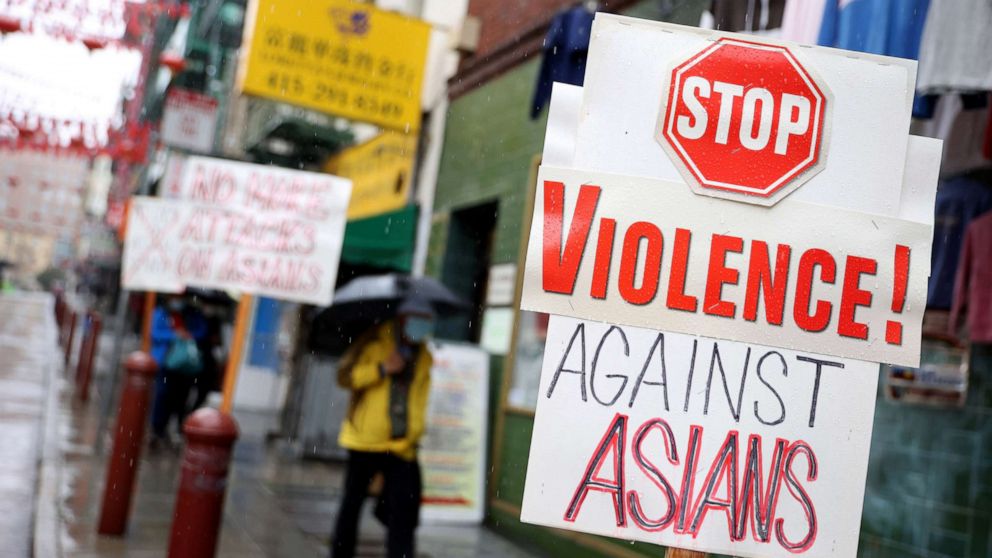Asian American-owned businesses making efforts to protect staff after slew of attacks
Many Asian American business owners, especially women, now are taking additional measures to protect employees -- and themselves -- after a string of racially motivated attacks throughout the U.S.
Included among those is the recent shooting in Georgia, where six of the eight who were killed were women of Asian descent.
Xi'an Famous Foods, a restaurant chain in New York City, closed 14 locations in March 2020 when the pandemic began ramping up. Locations have begun reopening, but they now close an hour earlier, and are closed all day on Sunday, as part of an effort to help ensure employees can return home during hours with more people on the streets and more easily via public transit.
"A couple of our employees, however, were still attacked during rush hour times, despite our best efforts, which happened late summer, early fall in two different incidents," Jason Wang, founder of Xi'an Famous Foods, told ABC News.
Similarly, Green Fish Seafood Market, based in Oakland, California, is closing an hour earlier so employees spend less time commuting at night. Finnie Phung, the market's owner and an Oakland native, said they've also added two cash registers so customers can return home with their purchases more quickly.
"I feel like people are in a rush now," Phung added. "Now because of all these attacks, it's very obvious they just want to move quickly."
According to the California Healthy Nail Salon Collaborative, an organization that aims to educate and organize nail salon workers and owners, several member salons in Los Angeles, Orange County and Denver have purchased mace and pepper spray to give to employees.
"Just as we are emerging from the pandemic, the industry is going through this additional crisis," said Lisa Fu, CHNC's executive director. "This is especially painful since nail salons have been closed for much of the last year, and the economic impact in the nail salon industry has been devastating."
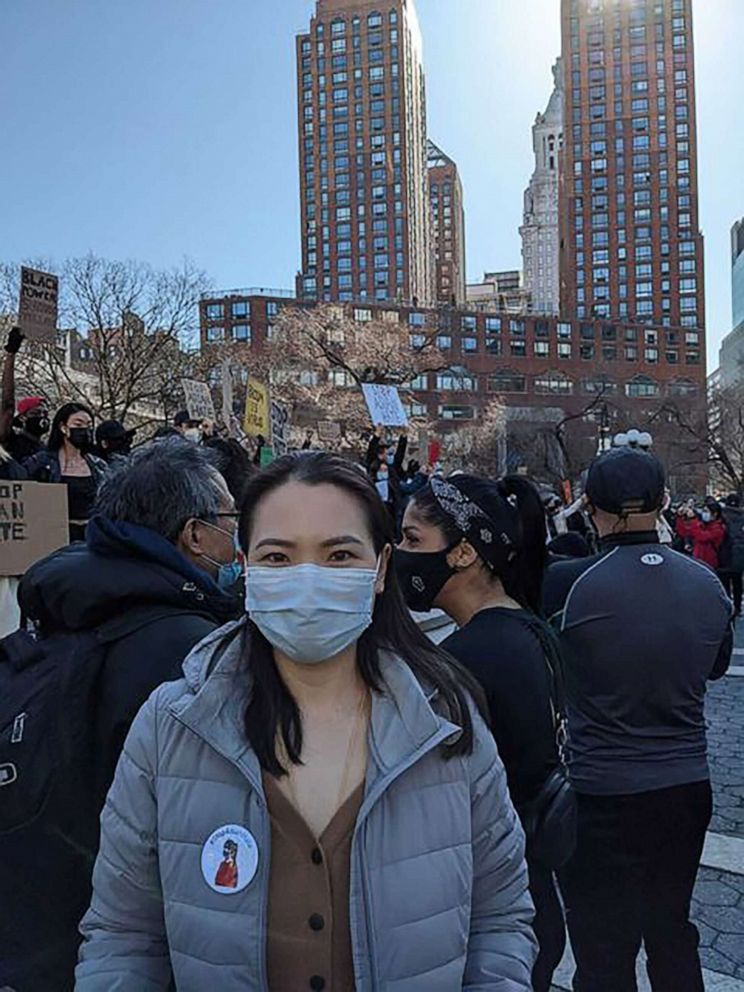
As part of an effort to protect employees, Angela Right, owner of Azura Jewelry, set aside a small fund for one of her staff members who packs and ships packages on a daily basis to use a ride-share service instead of taking the subway.
"I asked her to come and leave in an Uber," Right said, "and when she gets home, she needs to text me."
Stop AAPI Hate released new data in March that showed nearly 3,800 reported incidents from March 19, 2020, to Feb. 28, with women reporting hate incidents 2.3 times more than men.
In September, a Japanese pianist, Tadataka Unno, was severely beaten in a New York subway station and had to be hospitalized. Last month, two elderly Asian women each were attacked while riding the subway -- separate incidents, same day. And on Monday, a 68-year-old man was punched in the forehead while riding on the northbound 1 train in Lower Manhattan as the assailant yelled anti-Asian slurs.
Atlanta shootings
After local officials said the shootings in Atlanta may not have been racially motivated, female Asian business owners were not only confused -- they were personally offended.
The hyper-sexualization and fetishization of Asian women is well known through American history and culture, Anne Cheng, a professor of English and American Studies at Princeton, told ABC News.
Cheng, who studies the intersection of politics and aesthetics with a special focus on Asian American and African American literature, said racism is often entangled with sexism when it comes to Asian women, and that a deeply rooted western "imperial attitude about the so-called Orient has always rested on the twin axes of racial superiority and patriarchal authority."
The Page Act of 1875, the nation's first restrictive federal immigration law, forbade "the importation of women for the purposes of prostitution," effectively preventing women from China from migrating to the United States. The Chinese Exclusion Act followed seven years later.
World War II and wars in Korea and Vietnam also led many soldiers to form their own race- and sex-based views of Asian women, Cheng told ABC News. Such images have since been reflected time and again in western popular culture.
Summer Yanyi Li, co-founder of Fyli NYC, an executive group that focuses on bringing together female leaders, said the Atlanta shootings reminded her of own experiences with being fetishized. Once, a white man holding a wad of cash stopped her on the street when she was on the way to a meeting near the Hudson River and asked, "How much are you per night?" When she ignored him, he continued to follow her and make racist remarks.
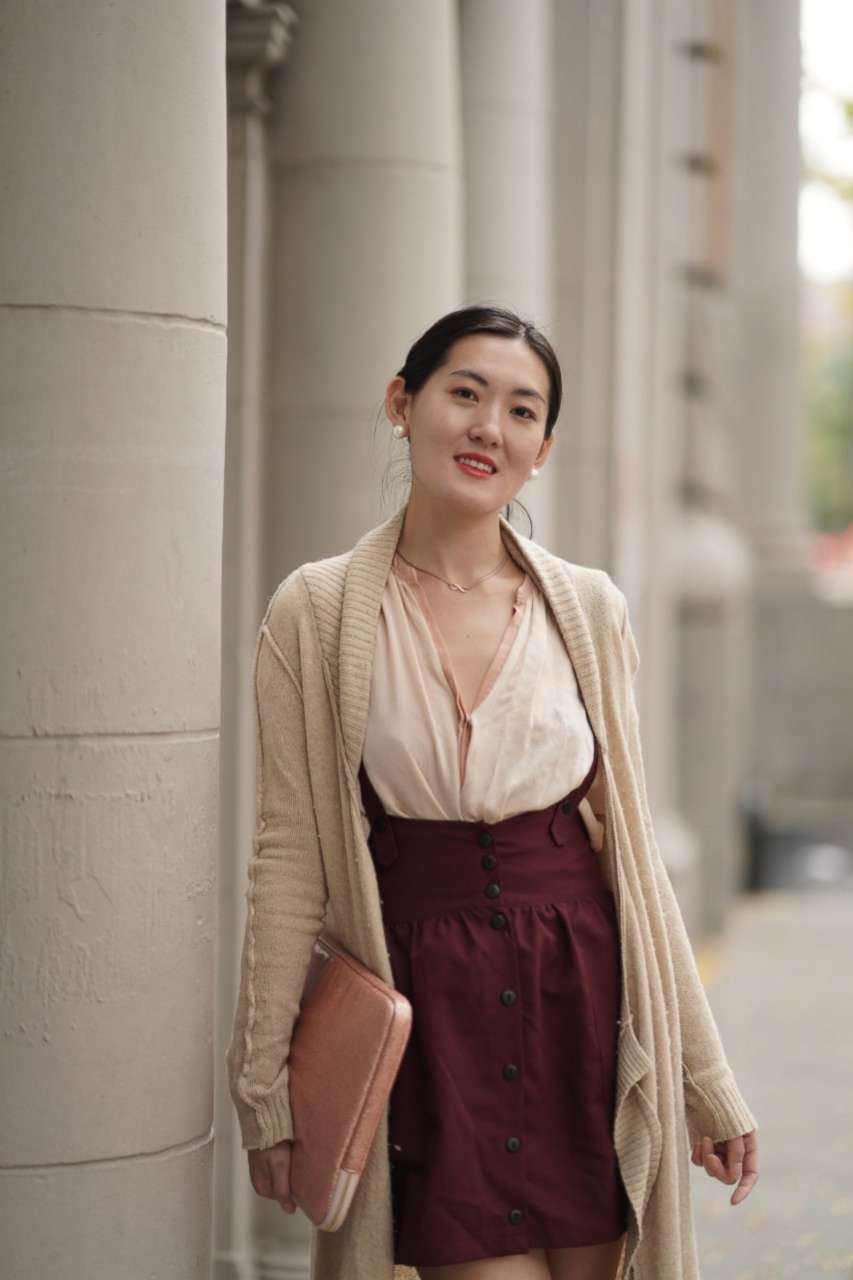
Like Li, Right has experienced similar fetishization and racism.
"I think all Asian women have experienced guys saying they have 'yellow fever' or they would call us 'Oriental pearls' or say, 'Oh, you're so exotic," Right added. "That is racism."
Cheng added: "People are hesitant to think about hate and desire in the same breath. And that's actually part of the problem around the discrimination and the denigration of Asian women in the West."
Many people, Cheng continued, struggle to see an Asian American woman "as someone who's suffered discrimination, because, after all, she is exotic and desired."
What to do in the long term
As an Asian American woman who owns a salon business in New York called Sundays, Amy Lin was hit especially hard by the violence in Georgia. All of Lin's staff members are women, and most are Asian immigrants.
"When I heard about the shootings, I can imagine the fears in their eyes. It just really broke my heart, and I can't stop crying," Lin said.
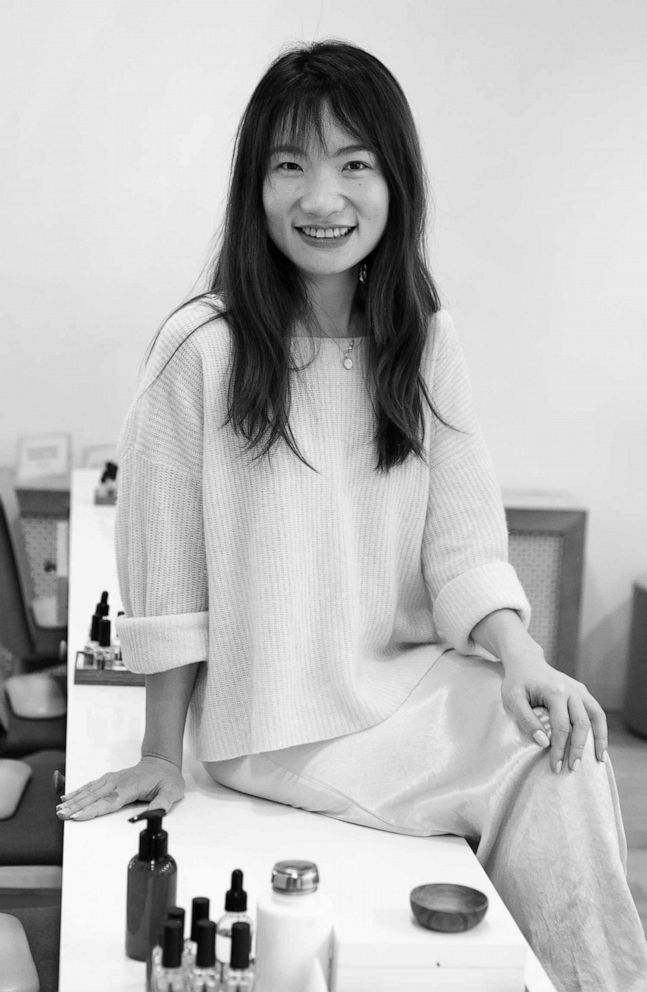
Asian business owners like Lin, in addition to protecting their employees in the short term, also are thinking about how to engage with this issue in the long term. A lot of that comes down to just reminding people her Asian American staff members are human beings just like everyone else.
"I want to do more to profile them on social media, to make [customers] understand the lady who held your hand for 15 minutes, for 20 minutes, that they have a name, they have a favorite food, they have a family," Lin told ABC News.
Nhu Le, owner of Finding Ferdinand, a cosmetics company that creates custom beauty products, said when the pandemic started she would get questions from customers who, after finding out an Asian woman owned the company, would ask whether products were contaminated with COVID-19.
Le said looking forward she wants to include more Asian models in her company's campaigns and tell more stories about products and flavors that come from Asia in help demystify the community.
"People fear things they do not know," Le said. "What we need to do is we need to tell more stories of Asian people."
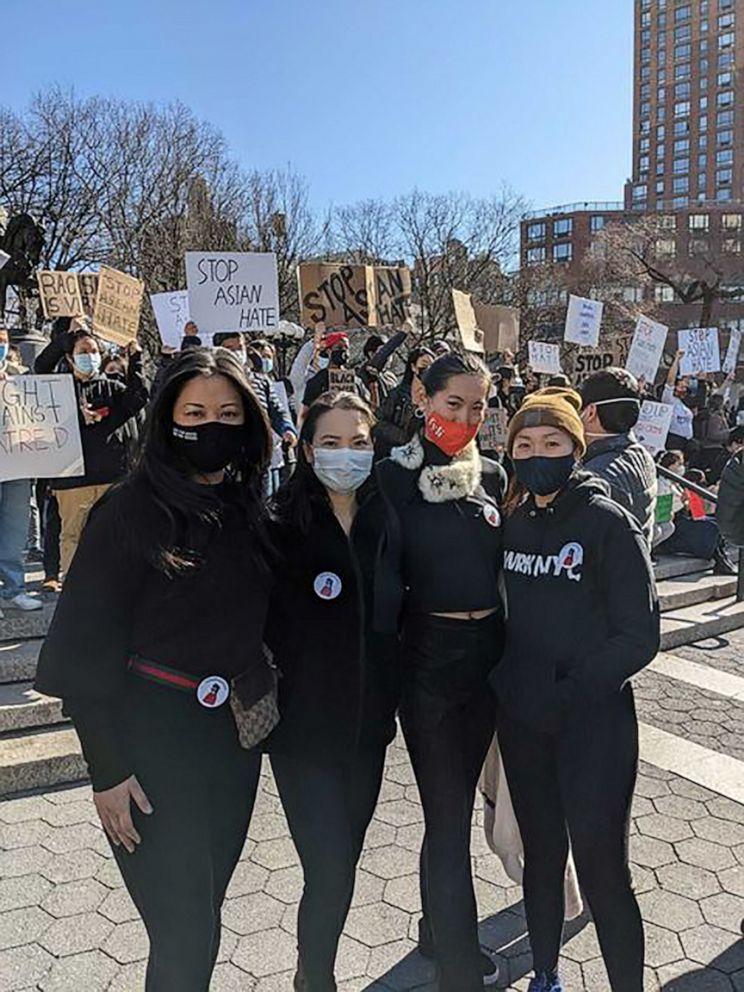
For Fyli, Li is strengthening and expanding its mentorship program and hosting a panel event to raise money for nonprofits that help Asian American communities, something they hope to keep doing regularly.
Similarly, California Healthy Nail Salon Collaborative is creating and implementing a safety training program for manicurists that they are piloting this week.
Right, Li, Lin and Le, who often communicate via group chat, said the national outrage sparked by the Georgia shooting inspired them to join AAPI rallies and protests across the country -- something, they said, they intend to continue.
"While I have anger and grief," Li said, "I have to keep moving forward and try to make the world a little bit better."
